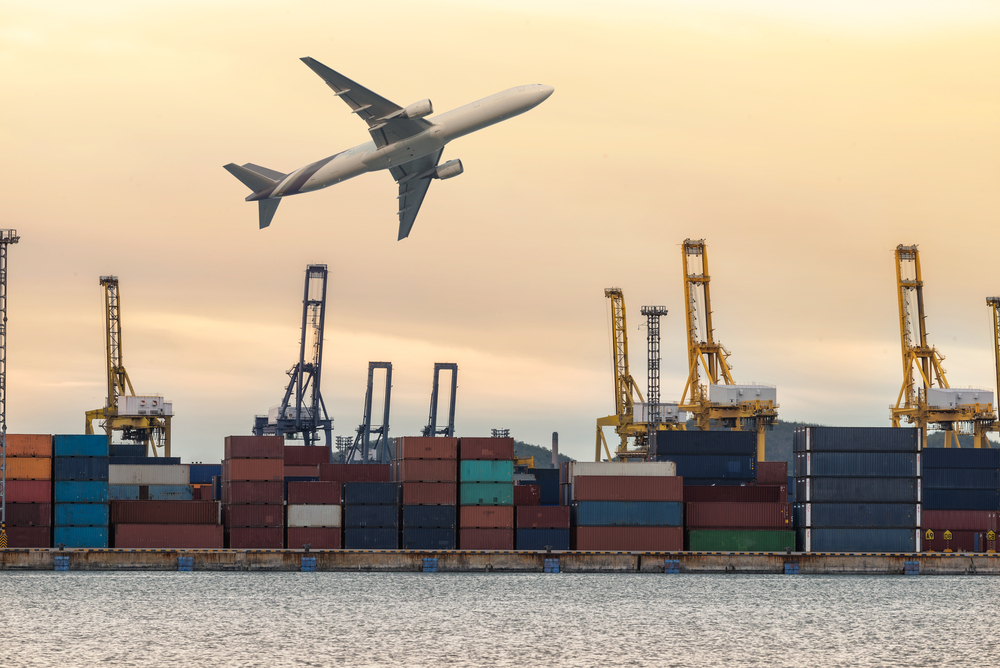The transport and logistics segment is generally a fragmented one by nature anywhere in the world. From the factory to the front door, there is a myriad of players in multiple segments in between. Freight forwarding, intra-continental shipping, air freight, ground logistics are some of the many sub-segments within the transport and logistics space. This means the space has its own inherent problems, some of which technology is solving.
For example, Singaporean startup FreshTurf is building an open platform based on blockchain technology that allows customers and carriers to trace a package all the way from shipment to smart locker. Carriers and companies are also deploying of telematics, and IoT technology and using predictive analysis to use these technologies to affect cost equation, allowing them to create price differentials that they can pass to customers as savings.
As the global shopping market continues shifting online and more consumers require more customizable delivery and tracking options, Africa is not left out. With 50% of the continent expected to have access to the internet by 2025, according to a McKinsey report, online shopping could account for 10% of retail sales, or $75 billion. That means there is a huge market that technology startups in the transport and logistics segment cannot afford to pass up.
Unfortunately, Africa does not offer these startups the same kind of market conditions their counterparts in other markets have. 90% of Africa’s transport and logistics happen by road and road infrastructure is not great. Also, intra-African trade is very low (just 11%, according to a 2016 estimate) compared to markets like Asia about half of all trade happens within Asia). A combination of factors are responsible for this including poor infrastructure, tariff barriers and trade agreements that are yet to be (or poorly) implemented.
Some African startups are using technology to get around these problems thus improving cross-border trade on the continent. In Ghana, logistics startup Swiftly, which launched in 2016, leverages technology to connect consumers with freight forwarders to facilitate deliveries within and outside Africa, all through the web or the mobile app.
MallForAfrica is another example. The platform, which is a sort of e-commerce and logistic hybrid, allows consumers to shop across over 120 US and European stores and ships down to consumers through its partners. Envyl (formerly Shypmate) takes a different approach and connects consumers with travelers who pick up the item in, say the US, and delivers to the consumer at the airport.
These startups are able to offer theses kinds of services because of technology. Unlike traditional players, they have way lesser overhead costs and their models do not require as much manpower or capacity investment. With growing internet and smartphone penetration, the opportunities to attain critical mass and scale exist for these startups.
There are also other elements like the AfCTA which could see startups getting easier access to locations and infrastructure improves. The space (in terms of tech) is still nascent and dominated by traditional players but there is a whole lot of room for growth and innovation. As infrastructure improves and intra-African trade grows, there will be more opportunities for Africa’s innovative entrepreneurs to exploit.




















